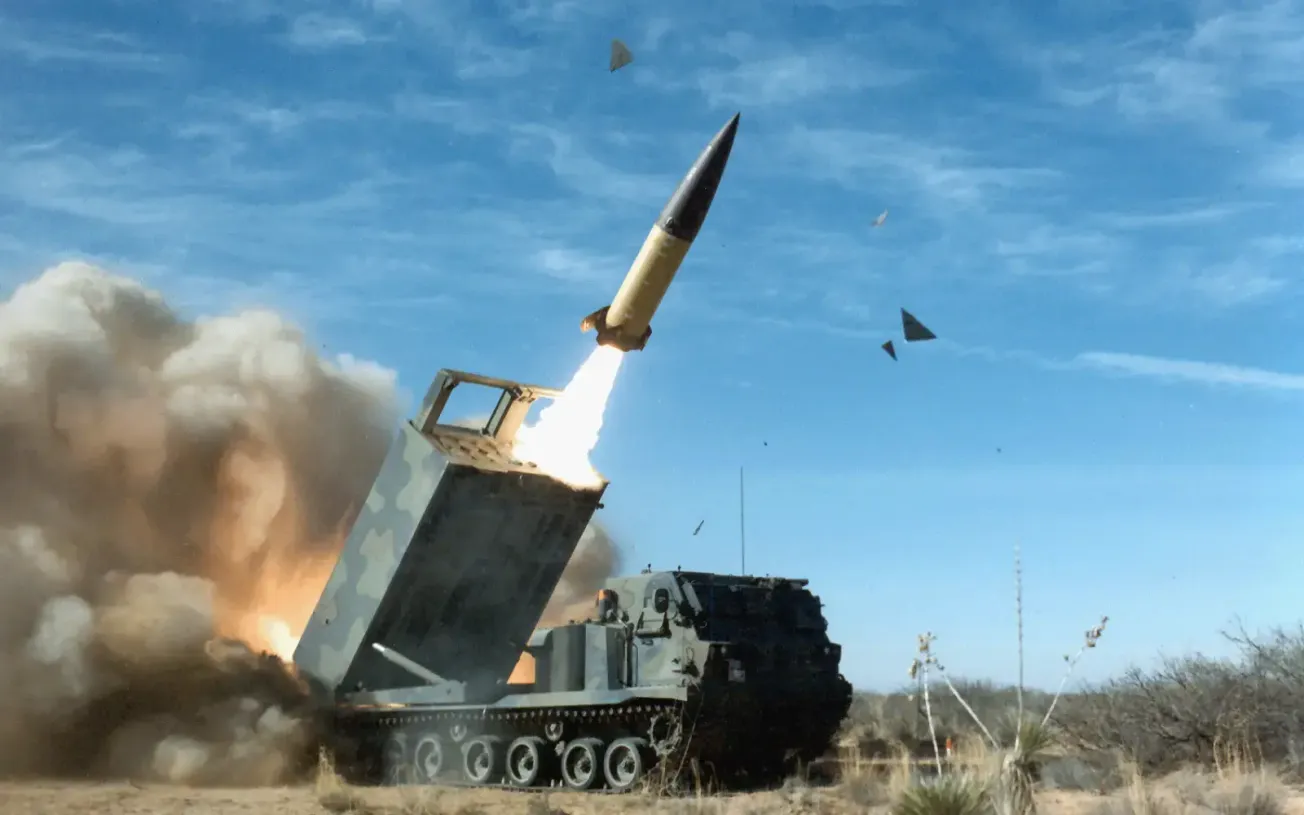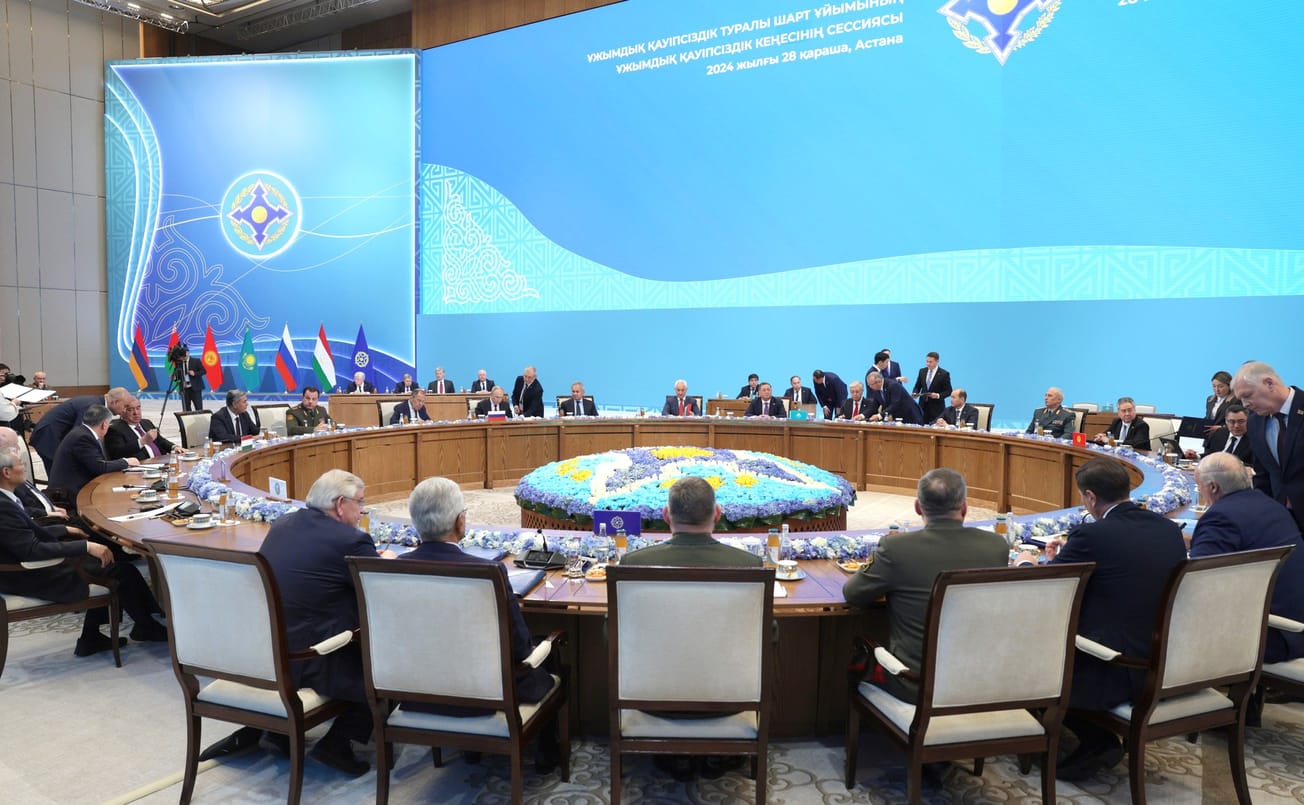U.S. Strategic Command commander Adm. Charles Richard is not alone in insisting nuclear war must be prepared for. This past Jan. 19, the Atlantic Council, Washington, D.C.’s leading Trans-Atlantic think-tank, posted a new episode of its NATO 20/2020 podcast series, with the frightening title, “Threaten Decisive Nuclear Retaliation.”
Advocating for that threat to be reinstated as NATO doctrine were two self-described “old Cold Warriors": David Gompert, a visiting professor at the US Naval Academy, whose career includes such posts as Acting Director of National Intelligence and vice president of the RAND Corporation, and Atlantic Council “distinguished fellow” Hans Binnendijk, with such former postings as Senior Director for Defense Policy at the U.S. National Security Council and his stint as a RAND Corporation fellow. Both are as anti-China as they are anti-Russia; Gompert was lead co-author of the RAND Corporation 2016 paper advocating “War with China—Thinking Through the Unthinkable.”
The podcast was surreal. The maniacal moderator Teri Shultz, a NPR journalist, declared at its opening, with a big smile: “In this episode, the recommendation is: that NATO threaten decisive retaliation!” The two military-industrial complex creatures interviewed are determined to put nuclear war on the public agenda. “Nuclear weapons were a central focus of discussions on deterrence in NATO during the Cold War. Today, similar discussions are taboo…. Continued silence on this topic is no longer viable,” the two wrote in a paper for the Atlantic Council in October 2020, of the same title as the podcast.
They spent much of the podcast discussing how the European left and nuclear-hesitant European governments reluctant to expand deployments of U.S. B-61 nuclear-gravity bombs on NATO “dual-capable aircraft” (DCA) could be brought around to support the “decisive nuclear retaliation” posture the two advocate. They claimed in the podcast that their proposal for NATO to promise “symmetrical nuclear retaliation for Russian first use” is not a first-strike policy, and would not entail new land-based nuclear weapons in Europe. But in their October 2020, they wrote of needing to send U.S. sea-based low-yield nuclear-tipped cruise missiles in the European theater as well as more DCA air-based weapons, and by declaring a nuclear retaliation policy, “NATO need not state categorically that it would refrain from using nuclear weapons for any other reason, thus finessing the contentious no-first-use issue.”




